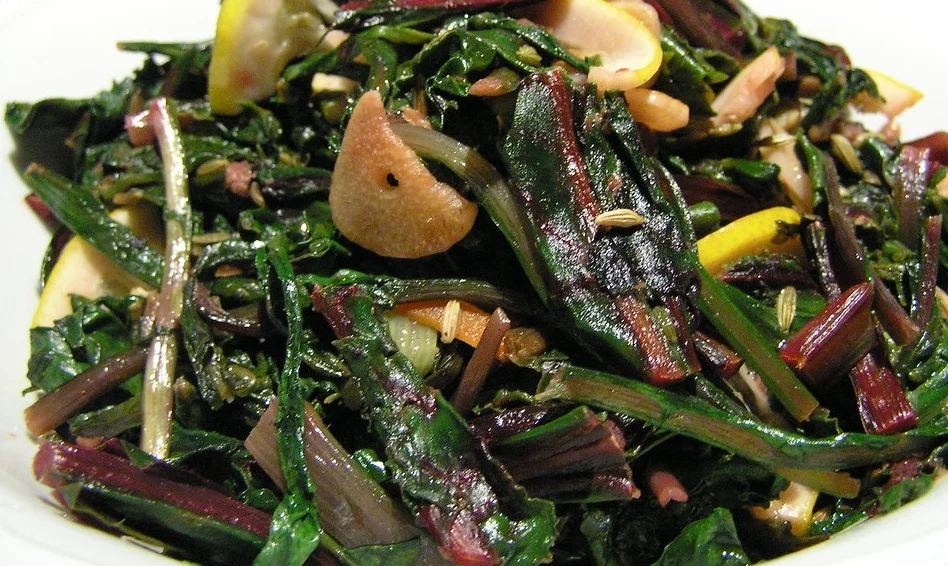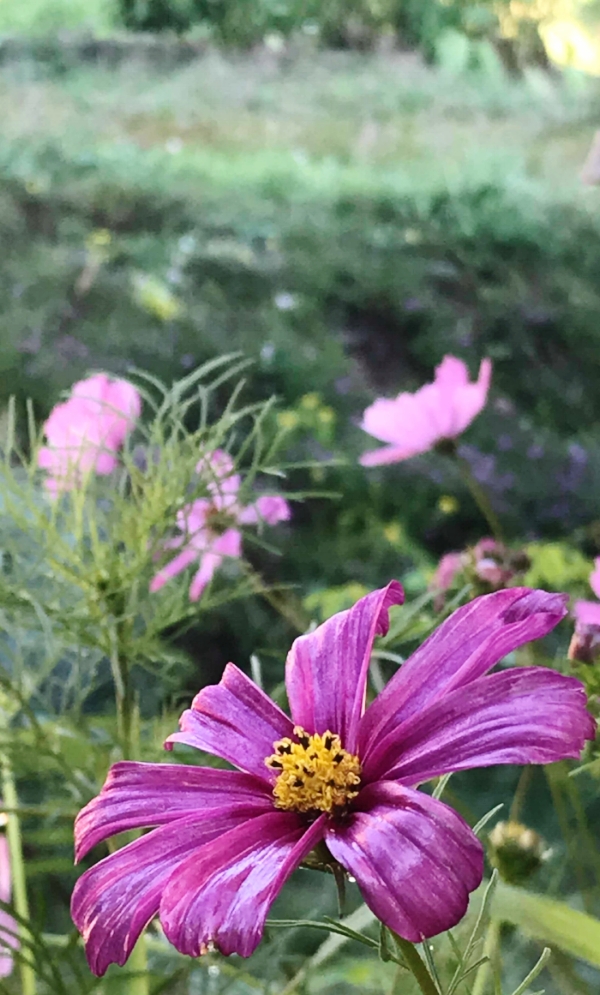Salad and revolution
/Recipe:
Dirt
Compost
Seeds
Rain
Sun
Beet greens and scraggly carrots. Carefully cleaned of dirt and possible toxoplasma critters. Shreds of lettuce, separated from the ragged leaves nibbled by slugs and/or slug-eating ducks. A bit of chard, kale, sorrel and dandelion greens that survived the summer scorching. The beets themselves grated fine. Fresh basil by the handful, green onions and chives, picked clean of grass. Prickly fresh cucumbers, small orange peppers and the prize of the table—bright red tomatoes, so fragrant they almost knock you over.
That’s not all even from the garden. Though I’ll admit that the recipe must vary some here. There are boiled eggs from the ducks and the hens. Sliced thin over the salad along with thin-sliced apples.
Image by Laurel F. of Flickr.com
Add a variety of brown and black seeds. Sprinkle on some fresh, salted white cheese, olive oil and vinegar or lemon juice. And there are few things this good. I can honestly say that for a tiny sum I can eat the same way I would eat if I was a billionaire. Most billionaires don’t, but that’s their loss, isn’t it?
OK, I’ll admit that I can’t do this year round and early fall is the season of bounty, but with a bit of work it can be stretched to most of the year in most climates.
After the picking, sorting, washing and chopping I finally sit down to savor the flavor. There are rolls slathered in hummus and sweetcorn with butter to go with it.
But the bonanza of taste goes bitter on my tongue. The kids have come in with cries of dismay and faux disgusted noises. They yell a few naughty words as I shoo them off to the bathroom to wash their hands. The complaining doesn’t let up all through dinner, though they’ve often eaten similar food and enjoyed it, even given compliments. Now they’re in school and they’ve learned what is socially acceptable and what isn’t.
My husband glowers at me morosely. Not because he doesn’t like the food, though. Some men might complain worse than the peer-pressured kids, but he’s very health conscious and he’d have this most nights if the children would let us. His glower is more for the work involved, for the fact that I reminded him he was going to turn the compost pile and cut some grass this afternoon and he lounged on the couch instead. And because we lost a few hens and need to get a couple more before winter. It isn’t the expense he minds. The cost is minimal and the farmers bring them right to the church near our house, so I can walk to pick them up. But it is another reminder of the garden he has come to hate.
When we first bought our little plot and set up the garden, he was full of plans and ideals. Once he even wanted to take over his father’s farm and go completely “back to the land.” I grew up that way and I was a bit nervous but possibly game. His mother talked us out of it. Later he wanted to buy a little farm closer to the city and keep his job, but do real homesteading on the side. I was all for that, though it would have been hard on me, not being able to drive.
In the end, this little suburban plot at the edge of town with a dry garden spot on a steep hill was the compromise. And I make do.
It doesn’t take all my time, probably an average of two hours a day through the warm part of the year, where some days it takes barely half an hour to water and feed in a rush and a few days where I am working out there all day. In the winter there is down time but now that there are animals too, no part of the year is ever entirely without chores.
I never thought I’d say it but I like it that way. Even when the sleet, the coal smoke from the town and the icy hill are worst in the winter and I’ve still got to take care of chickens and ducks, I am glad. I know that nothing beyond living creatures that depend on me would get me outdoors in such weather and I’m glad something pulls me out there.
I feel capable and grounded. It’s the only way I know for sure that my confidence in myself isn’t based on either flattery or delusion.
But year after year, my husband’s interest has waned. Granted, things have been hard, harder than anyone would plan. The kids didn’t come easy and when we finally did adopt them, they came with troubles and health issues and grief. Work only gets harder every year and there isn’t much juice left over at the end of the day.
Maybe he always saw the gardening or homesteading as a kind of romantic idea. And when the sticks are down, romance tends to dry up.
But for me, it has always been more about skills and preparation. If this year my cucumber crop was nearly a failure, the key is learning why and learning to do better next time. These days the garden is a help to our diet.
We eat the best organic veggies money usually can’t buy half of the year and can a bit as well. But the peace of mind is the bigger prize for me. It isn’t that I think we’d do particularly well in a climate meltdown or other economic crisis, but we’d stand a bit of a chance, we’d have skills worth something to others. That does lower my anxiety level.
Beyond that, food is the thing that controls humans best. Our current food systems through the mainstream economy are heavily controlled by corporations, which are invested in keeping us used to processed foods we can’t make ourselves with flavor chemicals designed to trigger addiction in our brains. Food supply has been used to control and manipulate populations in every major economic crisis, war or totalitarian regime in human history.
Growing your own food is tasty, healthy, confidence boosting and occasionally fun. It is also the most radically independent act a revolutionary can take.


















